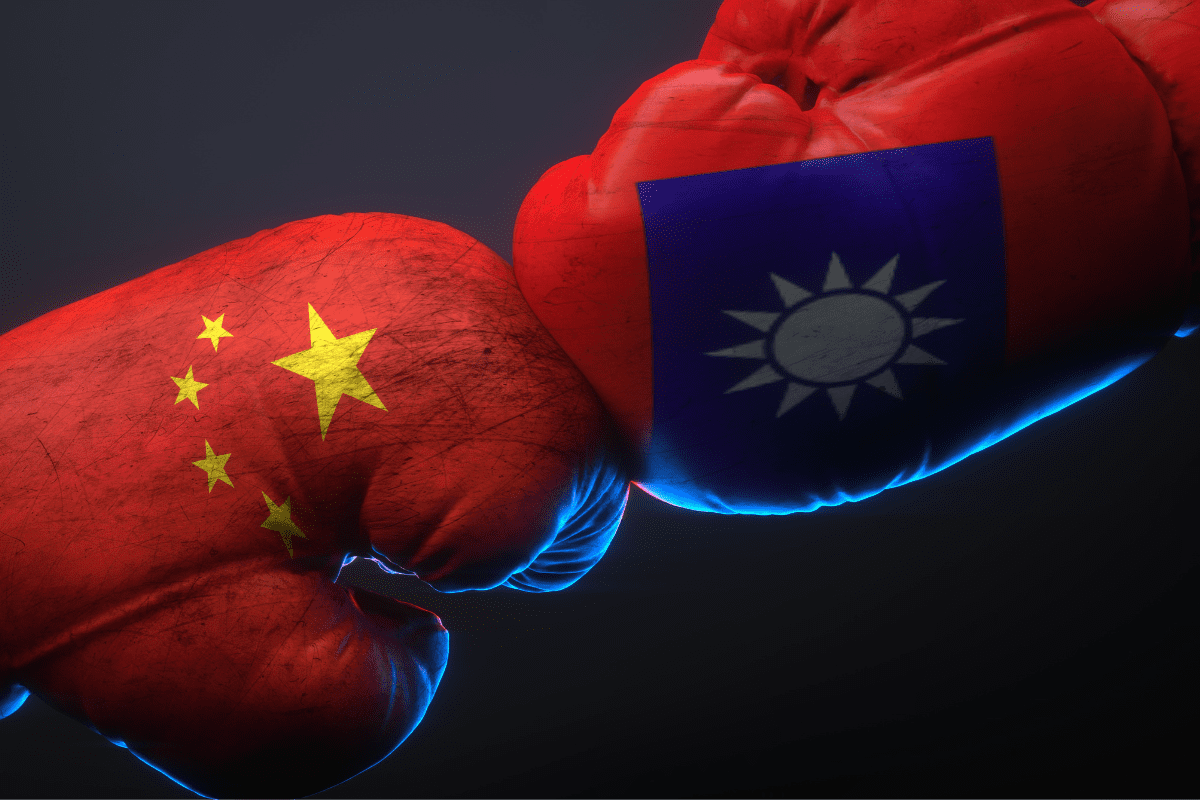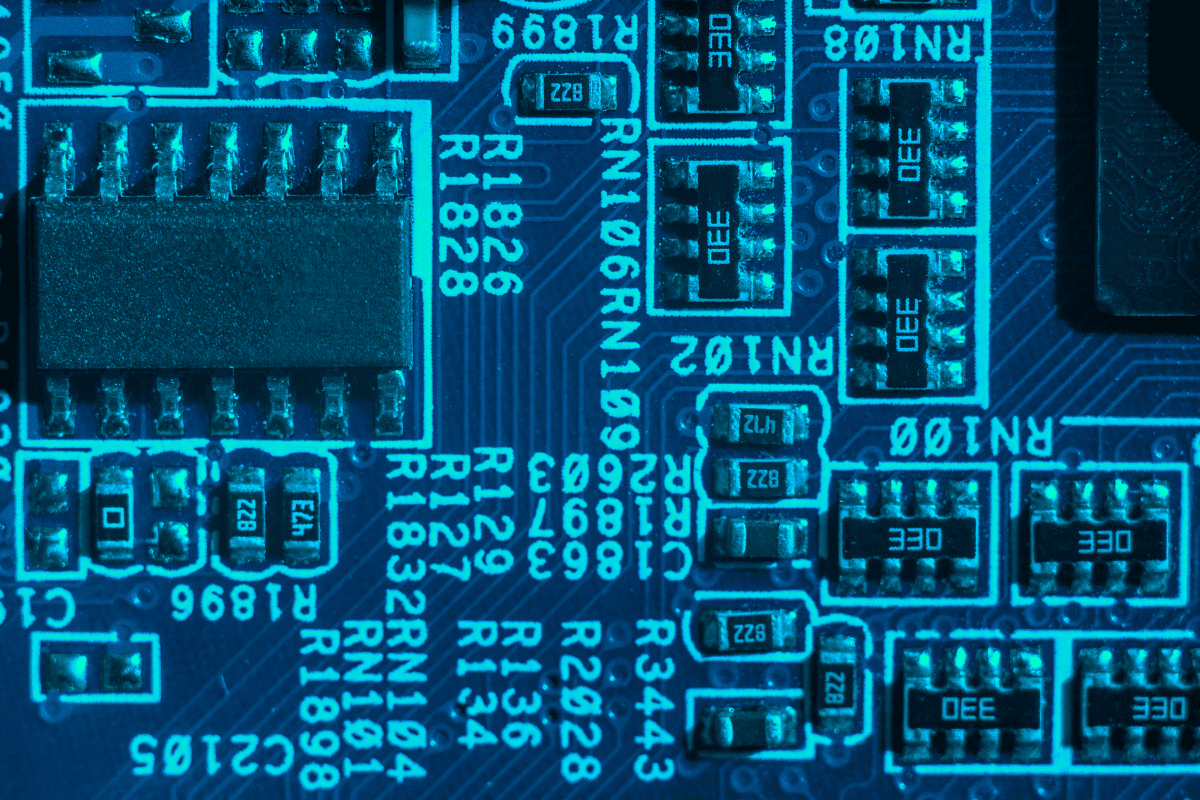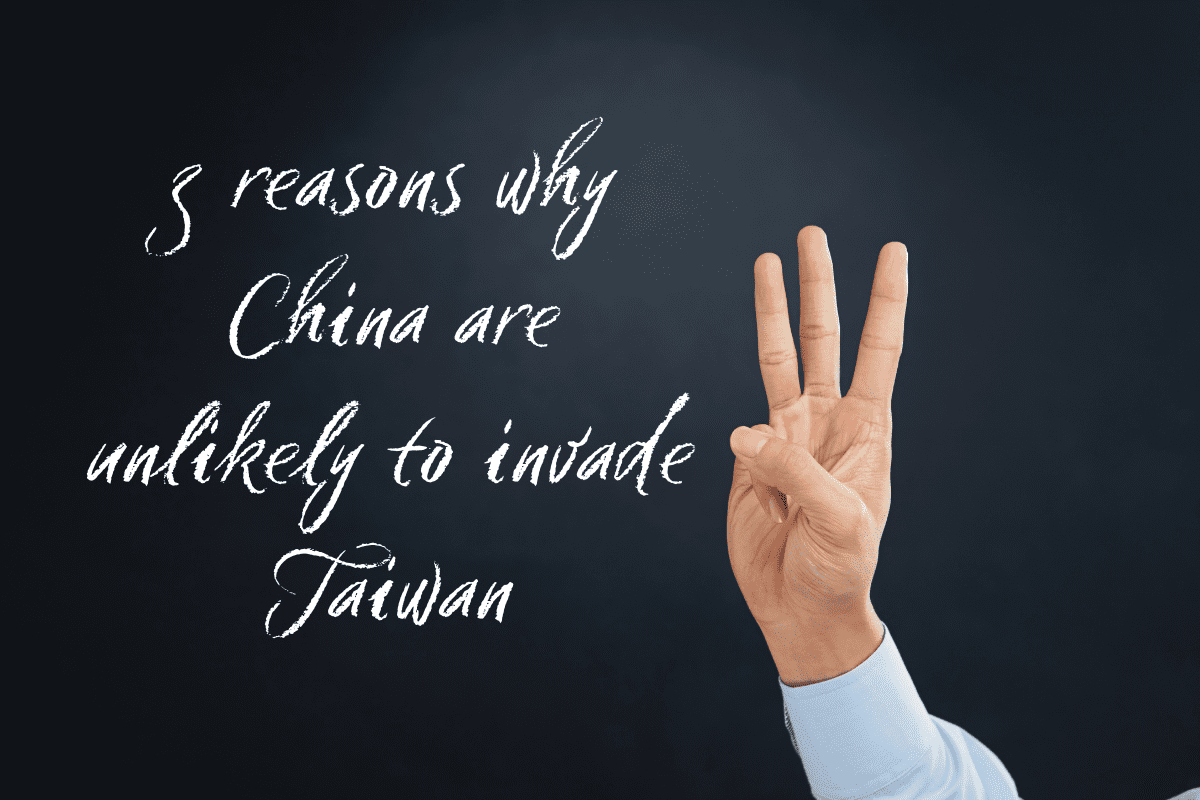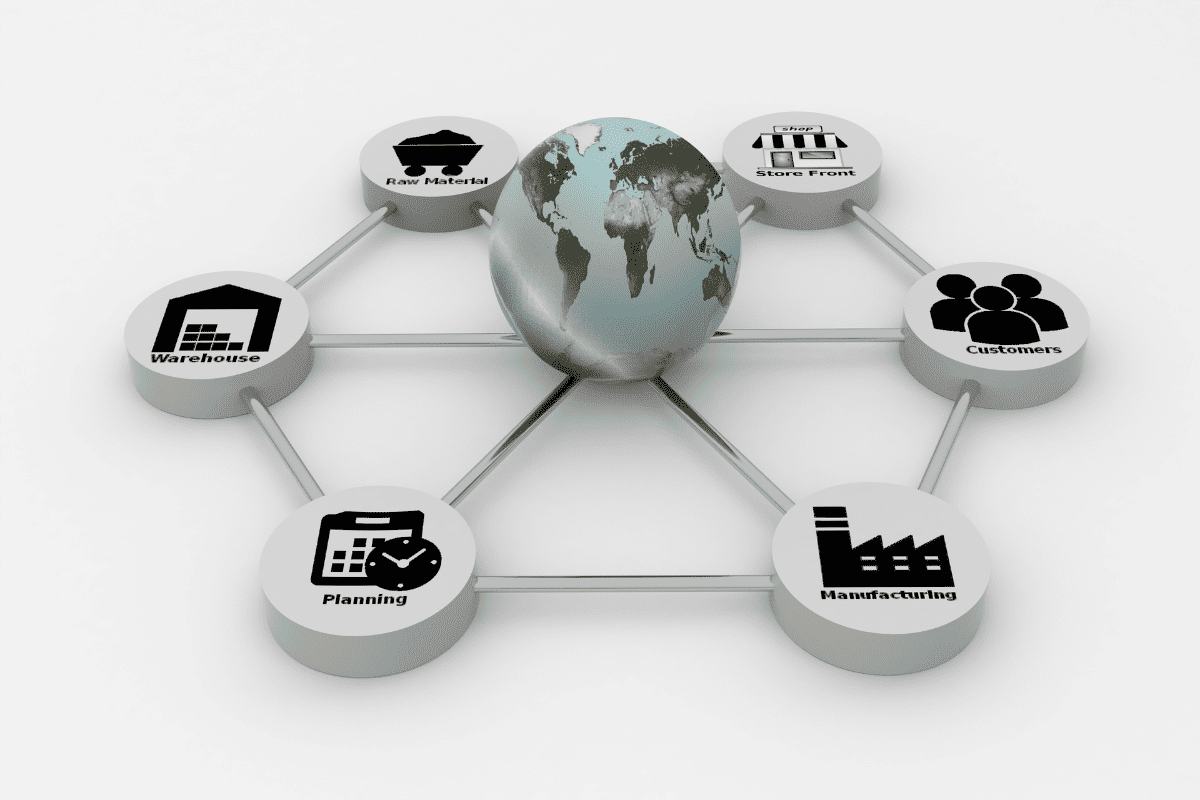It’s all about semiconductors.
Yes, the whole business of China invading Taiwan and the USA threatening to protect the island, whatever it takes, is all about semiconductors but if, like me, you are wondering exactly what we use semiconductors for, the following should give you a quick answer:
Semiconductors are an essential component of electronic devices, enabling advances in communications, computing, healthcare, military systems, transportation, clean energy, and countless other applications.
In essence, they are now used in almost everything that we ‘need’ to run our daily lives. From your phone to computer to thermostat, clocks, TV’s, machinery in factories, the MRI machine at the hospital, wind turbines etc. We can’t live without them. So, for any nation state it is important to have access to the companies, and countries, that monopolise the manufacture of them.
Control of the market in chip making has for a long time been monopolised by the USA through the tech firm Intel. But, in July 2020, the US were taken aback when Taiwan Semiconductor Manufacturing Co (TSMC) announced that they had technologically leapfrogged Intel in the business of high-end chip making.
(The USA started a trade war with China over semiconductors in 2017/18 when they placed restrictions on the export of semiconductors to Huawei, ZTE and other Chinese companies which brought those companies to their knees).
When we were friends
However, like all fairy tales, there once was a time when the USA and China sort of got along with one another. The days when Taiwan made those nice little plastic toys and bicycles that they would export into the West, and no one felt threatened. However fast forward to today and they are now arch enemies just at the time when Taiwan has now surpassed Intel to become the No 1 producer of the world’s most important commodity.
So, the real battle ground is not Taiwan itself (which interestingly, the USA recognises Taiwan is a part of China, but does not recognise China’s sovereignty over the island) but for the control and continued access to the global semiconductor market.






